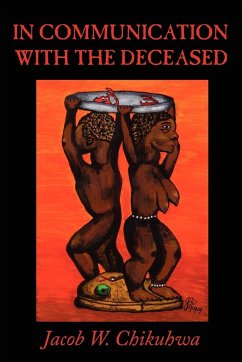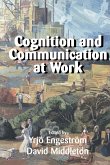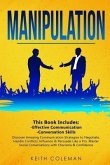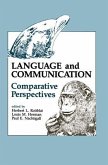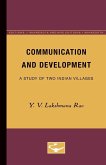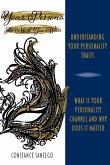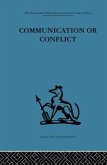This book is based on real life experiences where the possibility of the living being able to communicate with the deceased is investigated. The belief in reincarnation and life after death raises a tantalising question: Can the living communicate with the dead? Most churchmen and scientists are sceptical, but many people, including churchmen and scientists, believe such a thing is possible. The belief in the immortal soul is a dogma of Christianity (resurrection), Hinduism (reincarnation or samsara), Islam (Day of Judgement), Judaism (sheol), and the Shona (NyikaDzimu). Moreover, man has been familiar with the concept of life after death since time immemorial. Immortality has been rejected by those who feel its only basis is wishful thinking - that when the body dies, the personality dies with it because it is part of the physical body. Believers can cite the resurrection of Jesus, and maintain that since life on earth is not completely fulfilled an afterlife is necessary for completion. Another argument in favour of an afterlife is that since matter and energy may be transformed but not destroyed, neither can personality, which exists just as do the elements in nature, be destroyed. In many of the ancient societies, including Egypt and Greece, dreaming was considered a supernatural communication or a means of divine intervention, whose message could be unravelled by those with certain powers. In modern times, various schools of psychology have offered theories about the meaning of dreams. In Communication with the Deceased is meant to serve only as a basis for reflection in order for the reader to examine all the clues and then derive further meaning from specific circumstances of his/her own dreams. To be able to interpret a dream, one does not need to have an academic degree in psychology. What is important is to use one's instinct and common sense. Try to develop your own personal insights into what the common symbols in your dreams mean. When it comes to dream symbols, there are no equivocally universal rules or meanings. Dreams dictionaries help by providing hints at the meaning of symbols that appear in one's dreams. This book is of value to those studying psychology and those participating in psycho-analysis groups. Those who are curious to understand their dreaming habits will find the book useful in trying to decipher some symbols that appear in their dreams.

